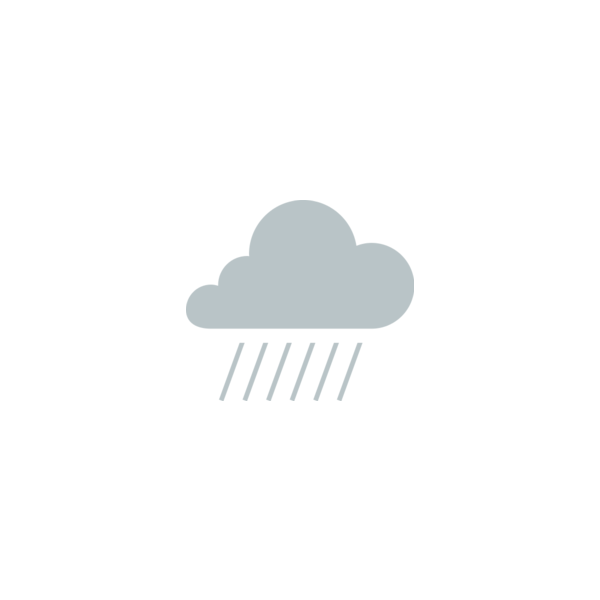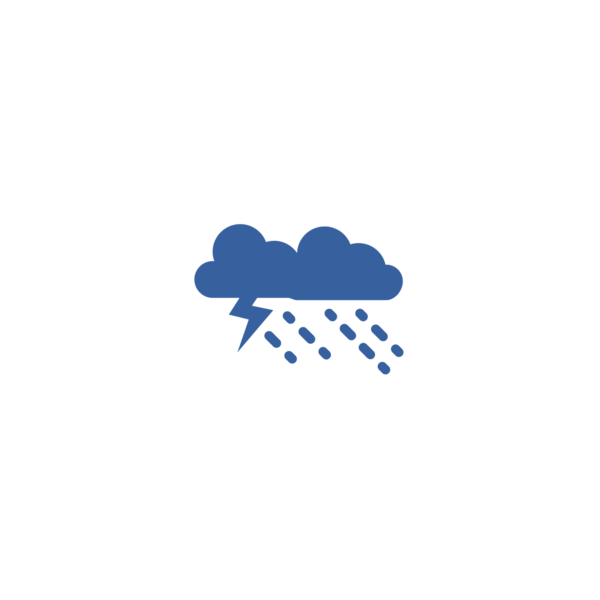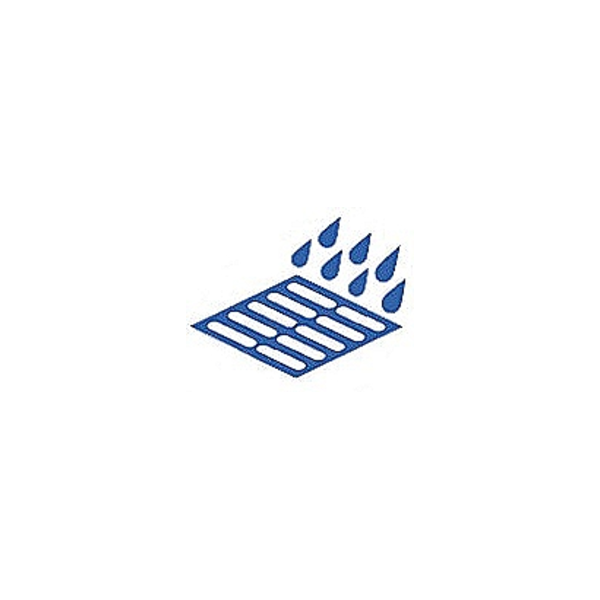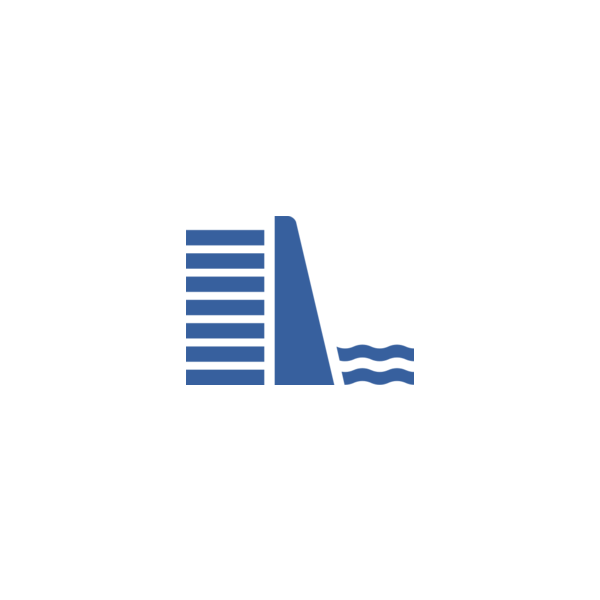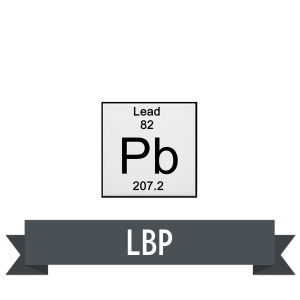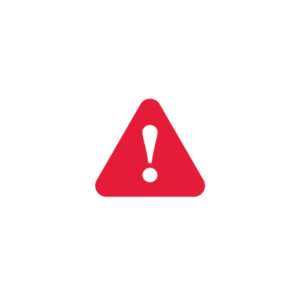Applicable states: Alabama, Alaska, Arizona, Arkansas, California, Colorado, Connecticut, Delaware, Florida, Georgia, Hawaii, Idaho, Illinois, Indiana, Iowa, Kansas, Kentucky, Louisiana, Maine, Maryland, Massachusetts, Michigan, Minnesota, Mississippi, Missouri, Montana, Nebraska, Nevada, New Hampshire, New Jersey, New Mexico, New York, North Carolina, North Dakota, Ohio, Oklahoma, Oregon, Pennsylvania, Rhode Island, South Carolina, South Dakota, Tennessee, Texas, Utah, Vermont, Virginia, Washington, West Virginia, Wisconsin, Wyoming.
This training course pack includes 1 year of access to the following 5 courses:
1. Stormwater Management
Course level: Intermediate
This course includes voice over audio narration and covers the following information:
- What stormwater runoff is
- Common sources of pollution in stormwater runoff
- Major federal stormwater laws
- Why sediment control is important
- Nonpoint and point source pollution
- Stormwater cross-connections
- NPDES Phase I and II
- Stormwater permitting associated with construction activities
- Stormwater pollution prevention plan (SWPPP)
- Stormwater and erosion impacts associated with construction sites
- Controlling erosion at construction sites
- Construction site best management practices (BMPs)
- Stormwater and erosion control inspections at construction sites
- Penalties for non-compliance
Media included:









2. Municipal Separate Storm Sewer System (MS4) Maintenance
Course level: Introductory
This course includes voice over audio narration and covers the following information:
- Storm drain inspection and maintenance
- Catch basin inspection and maintenance
- Outfall inspection and maintenance
- Retention and detention basin inspection and maintenance
- Drainage channel inspection and maintenance
- Best management practices (BMPs) for storm drain cleaning
- What to note when reporting violations
Media included:













3. Stormwater Low Impact Development (LID)
Course level: Introductory
This course covers the following information:
- What stormwater management is
- Traditional stormwater management techniques and management problems
- The benefits of Low Impact Development (LID)
- LID structural and non-structural best management practices (BMPs)
- A review of the following LID practices:
- Bioretention cells
- Bioswales
- Downspout disconnection
- Tree box filters
- Dry wells
- Infiltration trenches
- Sand filters
- Check dams
- Green roofs
- Pervious pavement
- Permeable pavers
- Porous concrete
- Cisterns
- Underground detention systems
- Constructed stormwater wetlands
- Penalties for noncompliance
Media included:






4. Pavement Maintenance Stormwater BMPs
Course level: Introductory
This course covers the following information:
- Best management practices (BMPs) for cleaning pavement
- BMPS for leaf blowers
- BMPs for power washing
- What to do with wash water
- BMPs for using street sweepers
- BMPs for construction activity
- BMPs for materials and equipment
- BMPs when handling waste
Media included:






5. Landscape Maintenance Stormwater BMPs
Course level: Introductory
This course covers the following information:
- Best management practices (BMPs) when planting vegetation
- BMPs for irrigation
- BMPs for vegetation control
- BMPs for green waste
- What integrated pest management (IPM) is
- How to utilize IPM
- Chemical container label requirements
- Safety data sheets (SDSs)
- Types of personal protective equipment (PPE) that should be used when handling chemicals
- Fertilizer types and application
- Pesticide types and application
- BMPs for handling chemicals
- BMPs for storing chemicals
- BMPs for chemical mixing and loading
- BMPs for handling and transporting chemicals
- BMPs for chemical disposal
Media included:







